ANRF funds grants to early career scientists at a time when their ideas are ready for development into research, when support is critical and the unknown could be the path to treatments and cures that change millions of lives.
Since 1970, the ANRF has funded arthritis research to understand the causes, prevention and development of new treatments for osteoarthritis, rheumatoid arthritis, lupus, juvenile arthritis and related autoimmune diseases. The sustainability of the organization is guided by the Board of Directors, the staff and a five-year strategic plan.
As a 501(c)3 nonprofit, the ANRF Board of Directors provides leadership supervision and provides oversight to the organization, assuring financial accountability, policy compliance and assurance strategy is set and goals are met. The ANRF’s Board of Directors is comprised of professionals with different backgrounds and expertise, all who are passionate about the impact of arthritis research.
The Arthritis National Research Foundation (ANRF) mission has always been to provide initial research funding to brilliant investigative scientists with new ideas to cure arthritis and related autoimmune diseases. To reach that goal, we are committed to engaging the best of our communities to find the diagnostics, treatments, and cures for these debilitating diseases. At ANRF, we are dedicated to ensuring equity, inclusion, and diversity in all aspects of our engagement—whether with our boards, donors, community, partners, scholars, or each other.
For us, this means understanding that research, education, and access to resources vary widely among those same communities, and even the diseases themselves impact communities differently. We have undergone a review of all the ways in which we engage to be as equitable, inclusive, and representative of all the communities we serve as we can. That means extensive and continual education, strategy, and accountability as we navigate the way in which we function and pursue our mission with even more passion.
As part of our strategic plan, we are focused specifically on the following initiatives:
Charitable estate planning is financially beneficial for families and individuals of various ages and income levels, and ensures a legacy of commitment to making a difference through funding research, while supporting ANRF’s mission.

5319 University Dr #10022
Irvine, CA 92612
800.588.2873
Tax ID #: 95-6043953
| Cookie | Duration | Description |
|---|---|---|
| cookielawinfo-checkbox-analytics | 11 months | This cookie is set by GDPR Cookie Consent plugin. The cookie is used to store the user consent for the cookies in the category "Analytics". |
| cookielawinfo-checkbox-functional | 11 months | The cookie is set by GDPR cookie consent to record the user consent for the cookies in the category "Functional". |
| cookielawinfo-checkbox-necessary | 11 months | This cookie is set by GDPR Cookie Consent plugin. The cookies is used to store the user consent for the cookies in the category "Necessary". |
| cookielawinfo-checkbox-others | 11 months | This cookie is set by GDPR Cookie Consent plugin. The cookie is used to store the user consent for the cookies in the category "Other. |
| cookielawinfo-checkbox-performance | 11 months | This cookie is set by GDPR Cookie Consent plugin. The cookie is used to store the user consent for the cookies in the category "Performance". |
| viewed_cookie_policy | 11 months | The cookie is set by the GDPR Cookie Consent plugin and is used to store whether or not user has consented to the use of cookies. It does not store any personal data. |